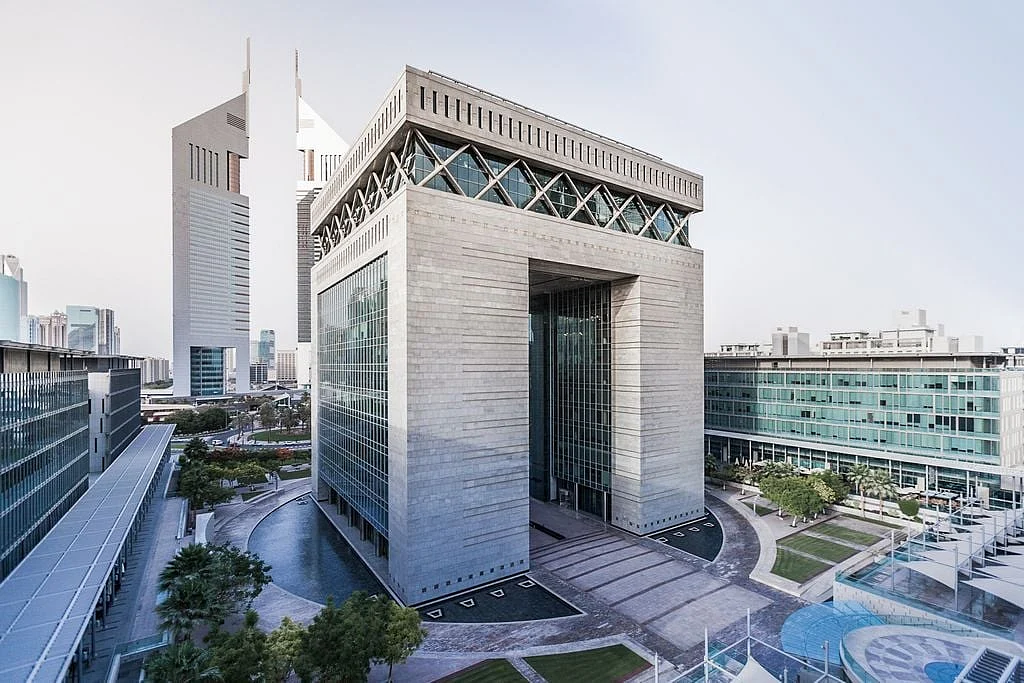Middle East Family Offices Embrace Caution And Governance Amid Global Uncertainty
Family offices across the Middle East are showing increased resilience and strategic caution in response to global economic volatility, a new report showed on Wednesday.
The findings of Citi Wealth's 2025 Global Family Office Report, drawn from 346 family offices worldwide - including a significant cohort from the Europe, Middle East and Africa (EMEA) region - highlight a shift toward professionalisation, risk management, and diversification, with Middle Eastern families prioritising asset preservation and intergenerational unity.
Recommended For YouAsset allocation and investment sentiment
Middle East family offices maintained a conservative investment stance in 2025, with fixed income allocations rising to 19 per cent, up 4 per cent from the previous year. Public equity allocations remained modest at 22 per cent, while real estate and private equity continued to play a central role in portfolios. Despite global enthusiasm for digital assets, Middle East offices showed limited interest, with only 1 per cent allocation, reflecting cautious engagement with emerging asset classes.
Amid global trade tensions and tariff-induced market volatility, 47 per cent of EMEA family offices engaged in active portfolio management, with 14 per cent deploying hedging strategies. The region also led in hedge fund sentiment, registering a net bullish outlook of +18 per cent, second only to Asia Pacific.
Governance and succession planning
The report reveals that 86 per cent of Middle East family offices hold controlling stakes in operating businesses, underscoring the region's deep-rooted entrepreneurial culture. However, governance structures remain underdeveloped. Only 22 per cent have formal family councils, and 27 per cent have succession plans, though many are actively working to implement these frameworks.
“These are exciting times for family offices worldwide - especially in the Middle East. A high proportion of first-generation families continue to control wealth, reflecting a resurgence of wealth creation in the region. At the same time, the UAE is experiencing a significant inflow of wealthy individuals relocating from abroad, further reinforcing its position as a global hub for family offices. These sophisticated clients are finding new ways to address their families' ever-increasing expectations,” said Hannes Hofmann, Head of Citi's Global Family Office Group.
Technology and risk management
While cybersecurity remains a concern, with only 44 per cent of EMEA offices reporting robust controls, the region is ahead in adopting AI for investment analysis and forecasting. Nearly 28 per cent of EMEA respondents use AI tools, reflecting growing confidence in digital transformation.
Despite this, barriers to technology adoption persist. Lack of internal expertise (56 per cent) and privacy concerns (26 per cent) were cited as key challenges, suggesting a need for talent development and secure infrastructure.
Catalytic capital and philanthropy
Middle East family offices are also emerging as leaders in impact investing, with 45 per cent deploying catalytic capital - the highest among all regions. These funds are used to scale commercial projects with social impact, seed startups, and support non-commercial organisations.
Philanthropy, while still underdeveloped compared to North America, is gaining traction. Eighteen per cent of EMEA offices cited enhancing philanthropic impact as a primary concern, and 31 per cent offer next-generation education programs, indicating a shift toward values-driven wealth stewardship.
“Family offices globally remain highly focused on direct investing, as they seek exposure to the key transformative technologies of tomorrow and attractively valued companies across sectors,” said Dawn Nordberg, Head of Integrated Client Engagement for Citi Wealth.
Outlook
As geopolitical tensions and economic uncertainty continue to shape global markets, Middle East family offices are recalibrating their strategies. With a growing emphasis on governance, diversification, and technology, the region is poised to play a more influential role in global wealth management.

Legal Disclaimer:
MENAFN provides the
information “as is” without warranty of any kind. We do not accept
any responsibility or liability for the accuracy, content, images,
videos, licenses, completeness, legality, or reliability of the information
contained in this article. If you have any complaints or copyright
issues related to this article, kindly contact the provider above.
Most popular stories
Market Research

- New Cryptocurrency Mutuum Finance (MUTM) Raises $15.8M As Phase 6 Reaches 40%
- Bydfi Joins Korea Blockchain Week 2025 (KBW2025): Deepening Web3 Engagement
- Yield Basis Nears Mainnet Launch As Curve DAO Votes On Crvusd Proposal
- 0G Labs Launches Aristotle Mainnet With Largest Day-One Ecosystem For Decentralized AI
- Ethereum-Based Defi Crypto Mutuum Finance (MUTM) Raises Over $16 Million With More Than 720M Tokens Sold
- Fintech's Gender Gap In Focus: Drofa Comms' Women Leading The Way Joins Evolvh3r's She Connects At TOKEN2049






















Comments
No comment